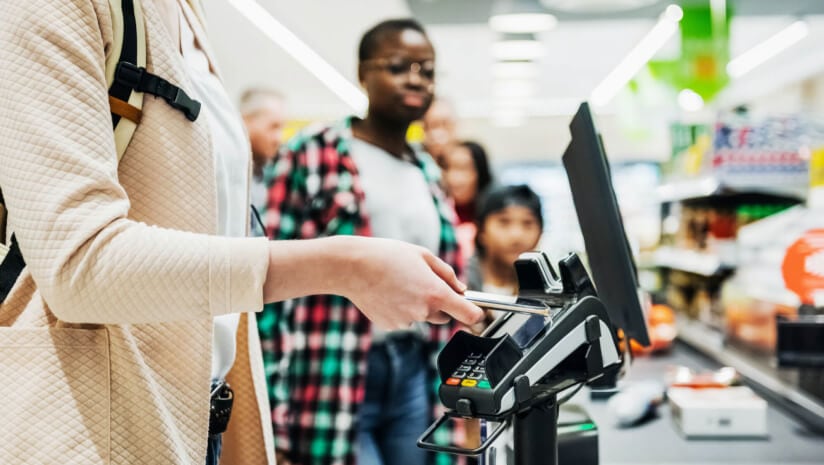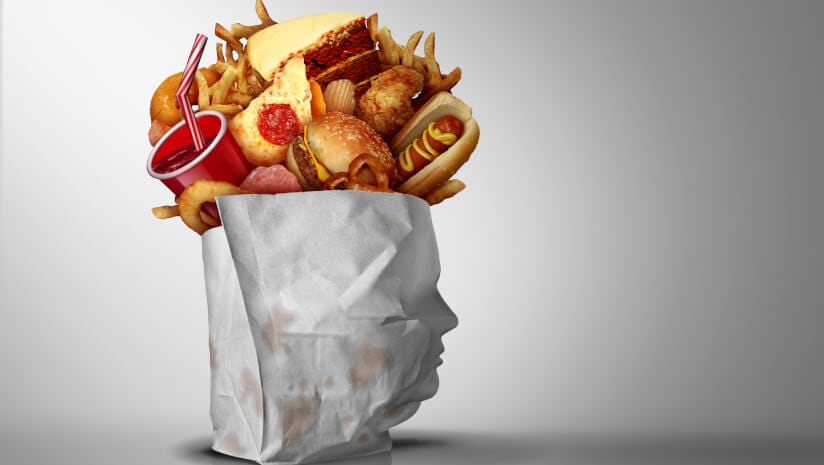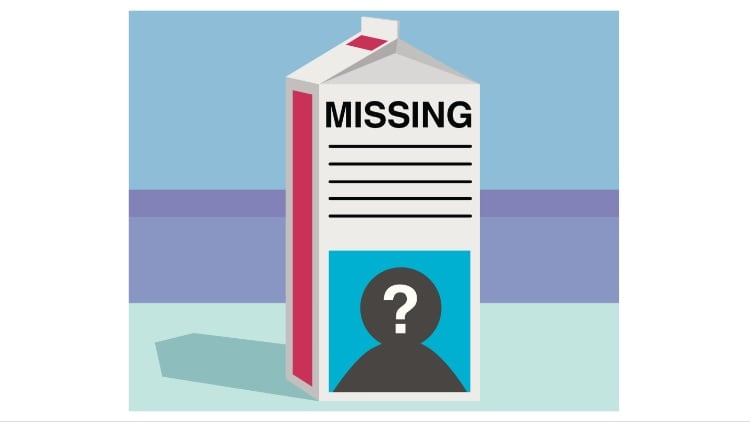As we approach the first budget of the new Labour government in the UK, consumer confidence is relatively stable period-on-period. Yet, Brits remain pessimistic around the future of the economy, with 41% reporting that their confidence around the economic picture has fallen compared to just a few months earlier.
The findings come from Savanta’s latest Consumer Compass 2024 report, which pulls together responses from 3,500 consumers across the UK, Netherlands, Germany, France, Spain, Italy and the Nordics, painting a picture around confidence and spending habits.
Overall, the Q3 report finds that while inflationary pressures have eased, household expenditure remains focused on the essentials.
Of the generations, younger folk are more likely to dip into their wallets on ‘non essentials’, but their purchasing decisions are more influenced by brand ethics and values.
The report also finds that health and wellbeing continue to be top of mind for consumers when making purchases, with just 2 in 5 of the belief that they are in good health.
Consumer confidence and spending
Across the European countries assessed, eating out has been identified as an area affected by tempered spending. Signposted as ‘scarified’, the report shows this experience has been influenced by both high inflation and lower spend across the board.
Alcohol, both within on-trade and off-trade markets, have also been affected. The report labels it as a ‘less of a priority’, meaning the inflation impact is low but spend remains less. On trade alcohol has been most heavily impacted of the two.
Eating in (i.e. takeaways) is found to be ‘less affected’, with inflationary pressures low and spending not greatly impacted. While groceries have been identified as ‘protected’, with the inflationary pressures high but spend not impacted.
Overall, expenditure on non-essentials (excluding bills travel and grocery) has not risen at the same pace as the easing of inflation, indicating that the recent period has left its mark on households’ budgets.
The prediction is that consumers will continue to tighten their purse strings as we head into Q4, with eating in and eating out expected to decrease by 36% and 38% respectively. Alcohol spend will also suffer, with off (-41%) and on trade (-42%) seeing similar dips.
What’s winning in health & wellness?
The report finds that engaging in exercise, having a balanced diet and adequate sleep are high on the agenda for European consumers.
The focus of mental health over physical is apparent among the younger generation, with more than half of Gen Z prioritising the former.
And while Gen Z has been branded the ‘sober generation’, the findings show that only 29% have reduced their alcohol consumption – the lowest of all the generations. However, an additional 21% of Gen-Zers say they’d like to reduce their tipples for health and wellness reasons – this being the highest of all generations.
The findings also show that while most consumers seek professional support when it comes to health, younger consumers show openness to taking advice from consumer brands (45%).
Price and recommendations from healthcare professionals have the biggest influence in a consumer’s decision to purchase a health and wellness product across Europe. However, this does differ across generations.
Organic and natural ingredients hold some authority, and this is pretty consistent regardless of age.
Social media and influencers are the least important drivers for all generations, and perhaps unsurprisingly Gen Z (17%) and Millennials (12%) give this more gravitas than Gen X (7%) and Boomers (2%).
The UK specifically is more open to non-traditional practices, such as mindfulness meditation. However, this does not seem to directly translate into trust for consumer brands, Savanta reports. In fact, the UK appears to scrutinise brands the most of all, placing emphasis on brand reputation as a purchase driver (31%).
In other news, the FDF launched its new sustainability strategy at a special event at London Zoo yesterday (23 October 2024). Read Food Manufacture's highlights.





